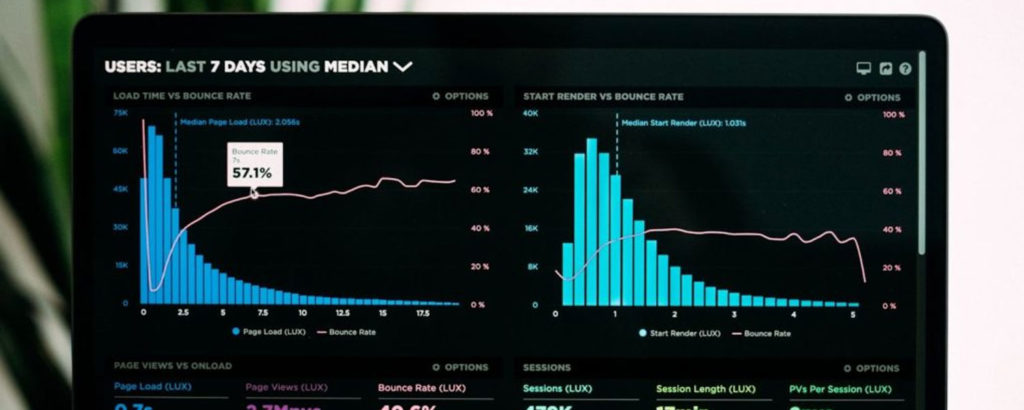Automatic Private IP Addressing, or APIPA as it is better known, is a feature of Windows 2000 and XP operating systems that allows for the automatic assignment of IP addresses in a network where there is no DHCP server present. APIPA automatically assigns an IP address in the class B network 169.254.0.0 when it cannot successfully obtain one from a DHCP server on a network. There are many reasons why this may happen even on a network where a DHCP server is present. These reasons include heavy traffic on the server, a system hang, or the server being offline.
For whatever reason, you may not want your networks workstations to obtain APIPA assigned addresses in these situations. This is easily fixable through a simple registry hack. To begin, open your registry editor and browse to HKEY_LOCAL_MACHINE\SYSTEM\CurrentControlSet\Services\Tcpip\Parameters\Interfaces. Once here, you need to simply modify the IPAutoconfigurationEnabled key to a REG_DWORD hexadecimal value of 0.
The aforementioned registry key will disable APIPA for all interfaces on a computer. If you wish to disable APIPA for only a particular number of network interfaces then you can simply browse to HKEY_LOCAL_MACHINE\SYSTEM\CurrentControlSet\Services\Tcpip\Parameters\Interfaces\Adapters and change the same registry key.
Remember, it is always important to backup your registry before making any major modifications.
***
Chris Sanders is the network administrator for one of the largest public school systems in the state of Kentucky. Chris’s specialties include general network administration, windows server 2003, wireless networking, and security. You can view Chris’ personal website at www.chrissanders.org.



